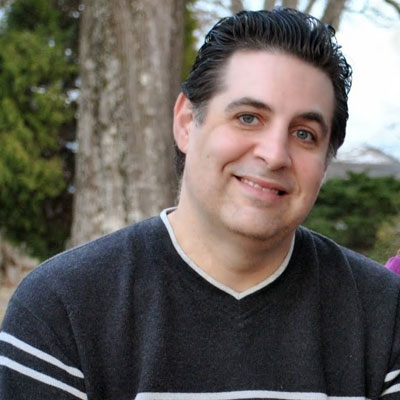https://fosteringperspectives.org/fpv19n2/FPv19n2.pdf
Read moreSeries: May 2015 • Vol. 19, No. 2
Taking care of yourself
Being a resource parent can be one of the most important, most deeply rewarding roles in the world. It can also be one of the […]
Read moreSelf-care: Do it for Yourself, Your Family, and Your Kids
This article draws extensively from Chapter 8 of the National Child Traumatic Stress Network’s curriculum (2010) “Caring for Children Who Have Experienced Trauma: A Workshop for Resource […]
Read moreSocial Connections and Self-Care
You’ve heard this before, but it is worth repeating: no one can do the demanding work of parenting children involved with the foster care system […]
Read moreMy Ongoing Journey as a Foster Dad – Or, learning to be the father my children need me to beby Bob DeMarco
If I had to sum up how I feel into one word, it would be impotent… It’s taken me some time to come to grips […]
Read more




